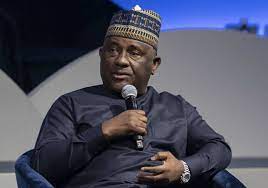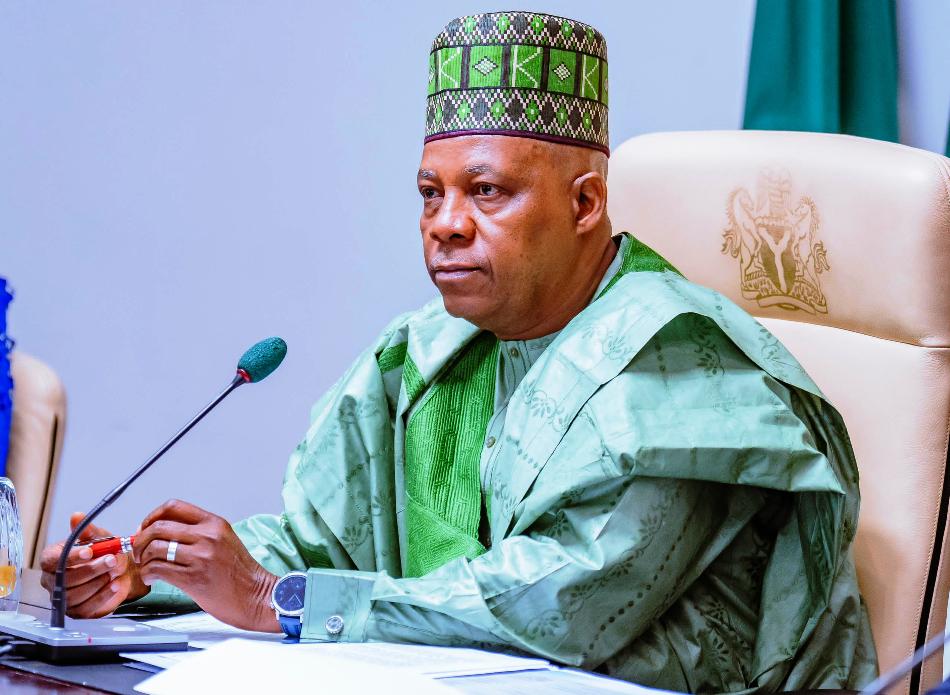The capacity of Nigeria’s manufacturing sector to create jobs has continued on the decelerating pace with only 2,606 jobs created in the first half of 2024 (H1 2024), a 29.99 per cent reduction from H2 2023,according to the Manufacturers Association of Nigeria (MAN).
MAN’s ‘Executive Summary’ of finding of the manufacturing sector’s survey for H1 2024, showed that year-on-year job creation fell by 37.83 per cent, reflecting the ongoing challenges within the sector.
MAN Director-General Segun Ajayi-Kadir listed the challenges to include economic uncertainties, inflationary pressures, and an unfavourable business environment.
He, however, pointed out that the Chemical and Pharmaceuticals industry remained the highest job creator, while the Motor Vehicle & Miscellaneous Assembly industry created the fewest jobs.
The survey was designed to monitor changes in manufacturing sector performance indicators viz-a-viz the behaviors of macroeconomic and policy environments during the period of the survey.
The focus manufacturing indicators include capacity utilization, production value, inventory, level of utilization of local raw materials, investment, expenditure on alternative energy sources, etc.
The MAN DG, based on the survey’s finding, said the first half of 2024 was marked by significant challenges for Nigeria’s manufacturing sector, including high operational costs, declining consumer demand, and rising inflation.
He said while some sectors showed resilience and growth, others struggled with declining production values, rising inventories, and reduced employment.
According to him, the report underscores the urgent need for Nigeria to implement decisive and coherent economic reforms to address these challenges.
“Key areas of focus include enhancing policy consistency, improving the business environment, and fostering economic diversification.
“The success of these reforms will be crucial in reversing the current economic downturn, creating jobs, reducing inflation, and improving the overall welfare of Nigerian citizens,” he said.
The MAN DG added that as the country navigates through these turbulent times, “The resilience of its policy framework and the effectiveness of its economic management will determine the path forward.”
Giving an overview of the global economy, Ajayi-Kadir said the global economy was resilient in the first half of this year, with major economies avoiding a severe downturn, bringing down inflation without increasing unemployment.
He said the lingering impact of high interest rates, debt sustainability challenges, continuing geo-political tensions and ever-worsening climate risks continued to pose challenges to growth, threatening decades of development gains, especially for developing and Small Island developing States.
Ajayi-Kadir, however, noted that there was improved performance notably in the United States of America and several large developing economies, particularly India and Brazil.
“However, the economic outlook for many African countries has deteriorated because of high inflation, elevated borrowing costs, persistent exchange rate pressures and lingering political instability,” he said.
According to him, geopolitical tensions particularly affected the economic outlook of a few Landlocked Developing Countries (LLDCs) due to their dependence on neighboring transit countries to access international trade routes.
Nearer home, Ajayi-Kadir said Nigeria’s economy continued to grapple with formidable challenges that stymied its growth potential and eroded economic stability.
He said Nigeria’s real GDP growth rate was sluggish, reflecting the country’s struggle to regain momentum amidst persistent economic and policy headwinds.
Inflationary pressures also intensified, significantly diminishing the purchasing power of Nigerians, with millions more being pushed into poverty due to the combined effects of soaring prices and stagnant wages.
“The policy environment during this period was marked by uncertainty and turbulence.
“Despite efforts to stabilize the economy, including aggressive monetary tightening by the Central Bank of Nigeria (CBN), which raised the Monetary Policy Rate (MPR) to an unprecedented 26.25 per cent, the desired outcomes in terms of curbing inflation and stimulating growth remained elusive.
“The higher interest rates exacerbated borrowing costs, placing further strain on businesses across various sectors, particularly manufacturing, which already faced significant challenges such as forex scarcity, high operational costs, and unreliable electricity supply,” he said.






